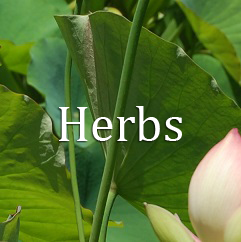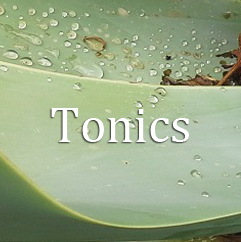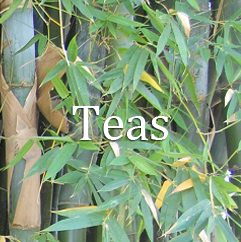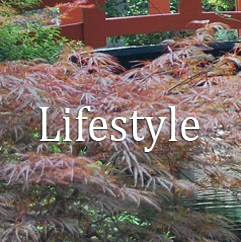Herbal Medicine, Detox and Aromatherapy–gift books! More to choose from in my 2016 list of gift books are written by herbalists and nutritionists. The best of the books on herbal medicine, the best on detoxification, and aromatherapy—three critical areas of health and nutrition—are represented here.
And best of all is the fact that these books have been designed for people like you and me who are deeply interested in these subjects and are non-practitioners. Said in another way, the books do not rely on a textbook format to deliver an important message.
1. Body into Balance : An Herbal Guide to Holistic Self-Care by Maria Noel Groves, 2016. Storey Publishing. 336 p., illustrations in color.
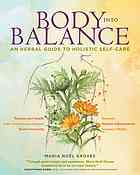
Dedicated to her teacher, renowned herbalist Michael Moore (1941-2009), this collection of health and herbal medicine information is a reference for daily use on how to achieve and maintain a balanced life. It is one of the very few books on herbal medicine that speak directly to people who are deeply interested in these subjects yet are non-practitioners.
Each chapter of the book is devoted to a part of the the body and its functions. Since we can all relate to our bodies in some way, this format is incredibly useful. The book provides insight into the healthy versus dis-eased bodily functions supported by introductions to the herbs and spices that are most helpful, most nutritional. Body into Balance is likely the first book of its kind to treat the whole human from an herbal and nutritional point of view.
2. Encyclopedia of Herbs by Andrew Chevalier, 2016, c2000 (and prior).
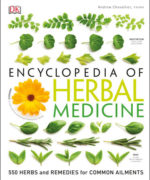
If you are crazy in love with herbs and botany, the science concerned with the biology of plants, this encyclopedia will give you many hours of study into what herbal medicines do in the body. At the same time you’ll gain background on traditional uses worldwide, home remedies, and notes on current research.
Author Chevallier also provides data on naming and describing herbal substances, the chemical secondary metabolites that are important in health and nutrition. In this third edition of Encyclopedia of Herbs, the history of herbal medicine is supported by illustrations of herbalists with signature herbs, making it easy to compare different traditions.
The book is educational in nature from the standpoint of the herbs themselves. In the page on Cinnamon (Cinnamomum species, p. 81) for example, historical use, “Key actions” (warming stimulant, antifungal, etc.), follows “Key Constituents” (the spice contains up to 4% volatile oil) and “Traditional & Current Uses” describes that cinnamon is used to increase circulation and that it’s currently being promoted as a blood-sugar regulator, among other uses.
3. Whole Detox: a 21-day personalized program to break through barriers in every area of your life by Deanna Minich, PhD, 2016. Published by Harper Collins.
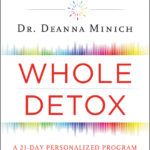
I cannot say enough about the value of the detox program provided by Dr. Minich in her book Whole Detox: a 21-day personalized program …, published earlier this year. A relative newbie to nutritional detox, I’d previously read nutritionists whose approach was similar in that they proposed a healthy, plant-based diet. After the food part is delineated, you find that some form of emotional support is lacking, and later realize that emotions are ultimately significant to the detox process—you cannot ignore them and detoxify at the same time.
Whole Detox is a program that addresses you inside and outside, that is while it focuses on your bodily functions and malfunctions, it asks you to look specifically at your influences. Besides the actual diet, each part of the Whole Detox plan starts with naming the disturbances, doing affirmations for how to relate to the world and community, performing (usually yoga) movements daily, journaling on specific statements, meditations, and the art and science behind the seven colors of healthy food.
Whole Detox contains recipes for the 21-day full spectrum detox diet, a color section detailing the significance and meaning of each of the Seven Systems as fully functioning parts of the body and spirit, detailed instructions for each of the 21 days, and tables and charts to explain the concepts behind a detoxification for the whole body and mind. To make the process as painless as possible, Dr. Minich has even included shopping lists for both omnivore and vegan preferences!
See my review of the book at Seven Colors of Detox.
4. The Complete Book of Essential Oils and Aromatherapy by Valerie Ann Worwood, 2016, c1991.
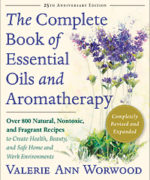
Over 800 essential oil recipes divided into chapters that address the whole range of needs, The Complete Book of Essential Oils is a compendium of natural remedies from plant volatile oils. Chapters are dedicated to home cures by age group or sex (for babies, children and teens; the Maturing years, Natural Choice for men, Natural Choice for Women) and she’s included basic and self-defense and travel “kits” that are indispensable home therapy. I like the chapters on emotional, health concerns and skin care. The last chapter describes safety issues and storage of the oils.
5. The Complete Aromatherapy & Essential Oils Handbook for Everyday Wellness by Nerys Purchon; Lora Cantele; Tracy Bordian, 2014. Published by Robert Rose. 480 p., illustrations.
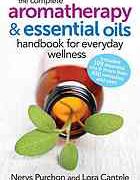
A very practical and well-written resource for your questions on the use of essential oils and aromatherapy.
Follow